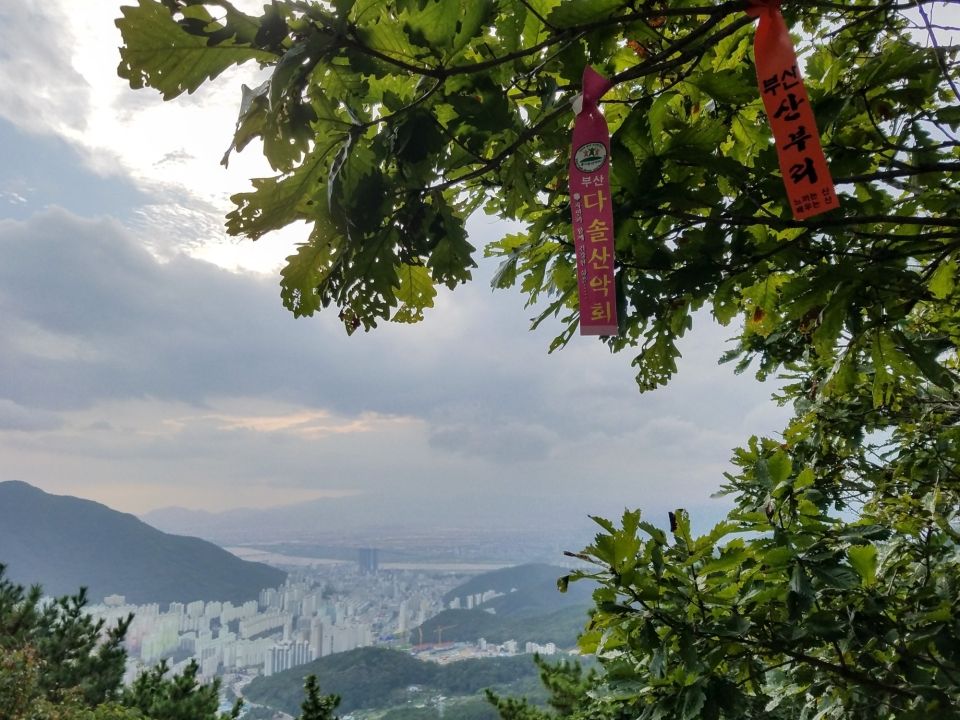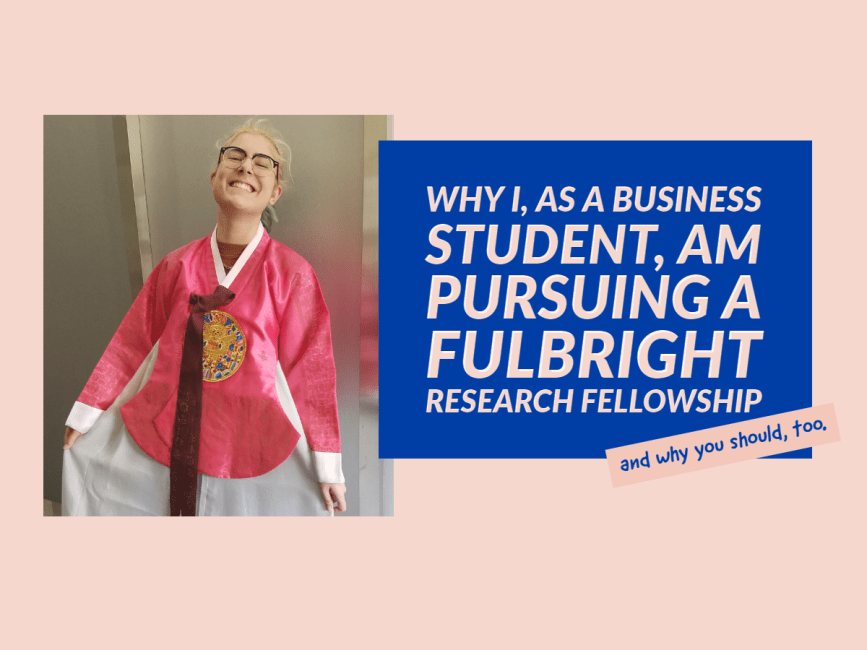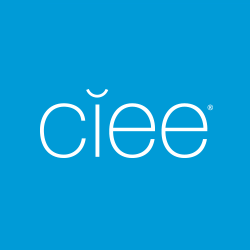Why I, as a Business Student, am Pursuing a Fulbright Research Fellowship (and Why You Should, Too).
When choosing the topic of my first LinkedIn article, I went through plenty of interviewing, branding and career-related topics. Then I considered what a reader who visits my profile might think – "Cool, an article about how to get hired in consulting. Lemme see who this girl is. Fulbright? What's that? Why's she writing about consulting?", and boom, my 'legitimacy' to advise on said topic dissolves.
That's how I landed here. Why would a business student and future Deloitte consultant like me apply for and pursue a Fulbright research fellowship? To some, it may seem odd or even foolish to spend four years preparing to join corporate America and instead travel to the opposite end of the world to pursue independent research in an unstructured environment. I'm here to show you that this pursuit is not foolish but fruitful. I’ll tell you why I'm pursuing a Fulbright and hopefully convince you why you should, too.

For starters, what is the Fulbright fellowship? The Fulbright Program began in 1946 with a proposal by Senator J. William Fulbright to “promote mutual understanding between the people of the United States and the people of other countries.” The program awards more than 8,000 grants annually and operates in over 160 countries. It is one of the most prestigious fellowship programs in the world whose more than 370,000 alumni include 59 Nobel Laureates, 37 heads of state, 10 Congressmen and a Secretary General of the United Nations.
So why pursue one? Feel free to scroll to the section most necessary to you, and even use the reasons as talking points for convincing mom and dad to let you go to Asia for 10 months, or convincing yourself to even apply (both of which I did).
Professional:


[You'll have as many paths as there are apartment complexes in Busan, South Korea.]
It’ll open new doors and paths for you.
My time at Babson College exposed me to a variety of industries and fields I'd never even heard of, but pursuing the Fulbright will grant me even more exposure. I'll experience a work culture far different from my own, which I wouldn't have access to otherwise due to not having the necessary language skills or connections to find a job in South Korea. After experiencing student culture during my semester at Yonsei University, I wanted to experience another distinct side of Korean life that is the work culture, and I recognized the Fulbright as my best and most feasible option to do so.
After my Fulbright, I will have more doors opened to me. I can pursue more research in Master's or PhD programs or utilize my acquired language skills and connections to find employment in Seoul. I can also stay in the realm of business and consulting. Regardless, the knowledge and skills I'll gain will make me a great consultant, team-player and leader, and will give me plenty more paths for my future than my business education alone would have provided.
You’ll develop skills that are highly applicable to multiple fields.
When I received the good news regarding Fulbright, I was worried to ask Deloitte to defer the position I’d already been hired for. "Fulbright research and consulting are two different worlds", I thought. I was quite surprised by the ease with which I was granted my deferral, and upon reflection, I know why. Not only does the sheer name and history of the Fulbright Program carry significant cache for companies employing ex-Fulbrighters, but the skills gained during the Fulbright research fellowship are highly applicable to and useful in consulting and myriad other fields.
During my 10 months researching how to make an entrepreneurship boot-camp for North Koreans and defectors, I'll get the low down on the research process. I’ll learn how to better advise clients through my time spent gathering primary information with interviews, analyzing data and deriving insights. All the skills I've mentioned have broad applications in consulting, market research, analytics, UI/UX work and more.
Global:

[Hanging out in a Buddhist temple with my German friend and a lady monk.]
You’ll get to deep dive into another culture.
My time in Seoul was intoxicating. Through past travels and studies abroad, I thought I knew how to be a 'cultural chameleon' and fit into any and all societies. South Korea was the first place where I realized how wrong I was. I loved being a fish out of water. I needed to get back and get past the surface I'd only scratched during my five month exchange semester. If there's anywhere in the world you want to explore, whether for the first time or a deeper dive, the Fulbright fellowship is a great way to do it.

[Classmates in my 10 hr/wk intensive Korean course, holding tangerines from Jeju Island.]
You’ll really learn a new language.
We live in a global world, where having intermediaries between cultures and languages is no longer an option but is quite necessary, especially to companies operating in all four corners of our world. Knowing a foreign language, especially one that many of your peers may not know, makes you an attractive hire.
Not surprisingly, most of my Korean slipped down the drain after my exchange semester, as I found no opportunities to both practice the Korean I already knew, and learn and use new vocabulary. Anyone familiar with language learning will tell you that the best way to do it is intensively and in the country in which it's spoken. To the skeptics thinking "then you'll go back home and forget it all over again", I counter with this. Once you reach a sort-of 'critical point' in language learning where you know most verb tenses, a decent array of vocabulary, and grammar to ensure people understand you, you actually don't forget it. With a program like Fulbright, you have both location and time on your side to get to this point. Get ready to find me impressing the ajumma running the market bibimbap stall with my impressive command of the Korean language.
Personal:

[My defector friend Cheolgook and I celebrating Pepero Day (11/11).]
You’ll learn about something you're interested in and passionate about.
My project is deeply personal to me. As the daughter of two Romanians who lived through the Ceausescu regime, I am well aware of the stunted growth that can result from coming of age in a communist state. From a young age, I've wanted, no, needed, to help those in a similar predicament to the one my parents suffered. Before finding the Fulbright, I saw ways I could tangentially fill this need, whether it was solving problems within my communities like I did with CREATE, or pursuing human capital consulting, but it never came close to what I can finally do during my 10 months in South Korea. Although 10 months is a short time, and I am only one person, I plan to make as big an impact as I can, and know that I will learn so much about Korean history, building entrepreneurship boot-camps, development programs and policies and even more.
If I've been able to convince you to open the Fulbright website or even consider applying, then let me close with this. When I entered my senior year and was faced with the prospects of job applications, my default was to turn to what I'd often heard from peers – the ‘right’ way to finish college is to get hired by the shiny companies. But when I looked inward, the decision was clear. I wanted to pursue my passion for helping others. I wanted to keep learning and be challenged. I wanted to deep dive into a world so different from my own and to have the experience of a lifetime. There is no better way to do all this than with a Fulbright research fellowship. And don't worry, you can still get that shiny job (after all, I did).
*Please message me with any questions, stay updated on my Fulbright via my LinkedIn and let me know below what else you’d like to read from me regarding Fulbright.
Julia is a recent graduate of Babson College, where she studied business administration. She studied abroad at Yonsei University in South Korea in 2017 and worked as a CIEE Alumni Summer Intern in 2018.
This article is not an official page of the Fulbright Program or the U.S. Department of State. The views expressed on this page are entirely those of the author and do not represent the views of the Fulbright Program, the U.S. Department of State, or any of its partner organizations.

